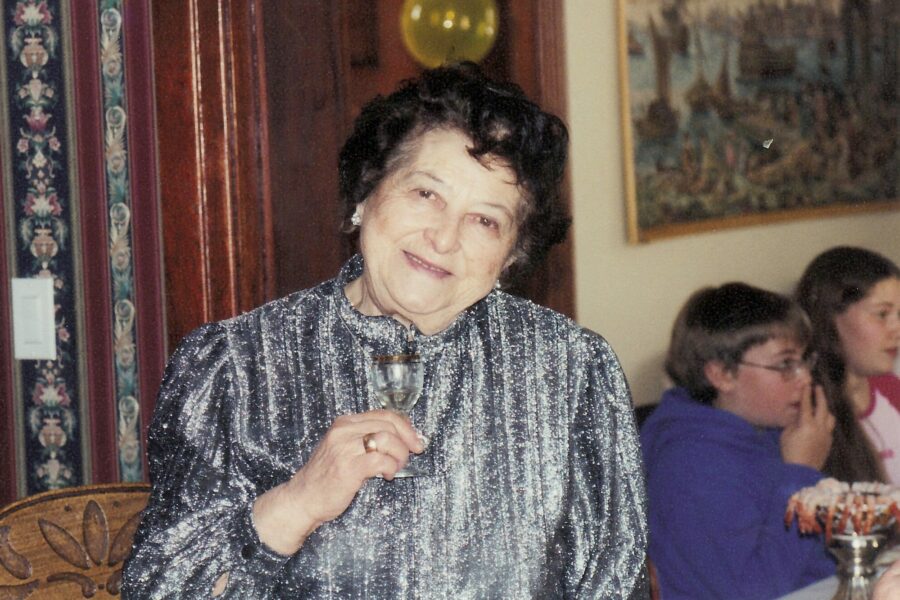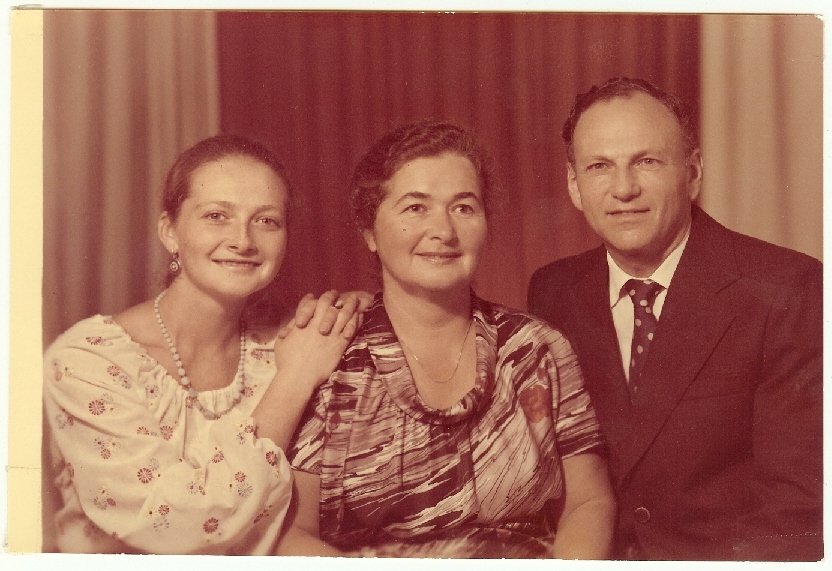Photograph of Matus Stolov, his wife Victoria, and their daughter, Irina, in Minsk, Belarus, 1980.
Survivor, Inda Arber.


Photograph of Matus Stolov, his wife Victoria, and their daughter, Irina, in Minsk, Belarus, 1980.
Matus Stolov was born on June 7, 1928, in Minsk, Belarus to parents Abraham Stolov (b. 1890) and Fanya Korngold (b. 1894). Both Abraham and Fanya were from large families from different shtetls. Abraham was a pharmacist and Fanya taught German at the university level. The family lived in Minsk along with Matus’s older brother, Boris, who was a student at Minsk’s medical institute. On Sunday, June 22, 1941, the Germans invaded Minsk. In the invasion, the family house was burned down and the family lost all of their possessions. On June 26, Matus and his brother Boris, age 20 at the time, attempted to flee east. Matus decided to stay behind with his mother. By June 27th Germans had taken all of Minsk. Matus and his mother were relocated to the Minsk ghetto, where they lived with another family, which included Esther. In November 1941, after hearing rumors of a Nazi ‘action’, Matus, his mother, and Ester escaped the ghetto with the help of Lena Pechenezhskaya (‘Big Lena’), a woman who had married a Jewish man and became involved in the underground fight against the Germans. The Nazis killed over 15 thousand Jews, including Ester’s parents. On November 7, after the massacre, Matus, his mother, and Ester returned to the ghetto. In July of 1942, the Nazis killed over 20 thousand Jews within the Minsk ghetto. In November 1943, Big Lena provided Matus and Fanya with false documents that allowed them to escape the ghetto and join the partisans. Big Lena later helped Ester escape. Matus and his mother left the partisans to go to Kazan in January 1943. In Kazan, they learned that Boris has become a doctor for the Soviet Army and went missing in action in December 1942. In October 1944, Fanyan was invited to return to a liberated Minsk to teach. In Minsk, Matus and Fanyan reunited with Ester. Matus went to university for Mechanical Engineering. Despite being at the top of his class, Matus and five other Jewish students were not permitted to graduate. He was eventually able to repel the decision and became an Engineer in 1951. He married his wife, Victoria, who he had met before the war, on August 29, 1953. They had a daughter, Irina. Matus’ mother had returned to a position teaching but was fired when the KGB found out about her correspondence with a sister in Israel. The anti-Semitic policies of the USSR greatly impacted the job, school, and general living conditions of the family. In 1980, Matus, his wife, and his daughter all applied to leave the country. In retaliation, Matus lost his job. They were “refuznics” for 2 years and eventually got permission to leave and moved to Chicago on April 8, 1982, the second day of Passover.



